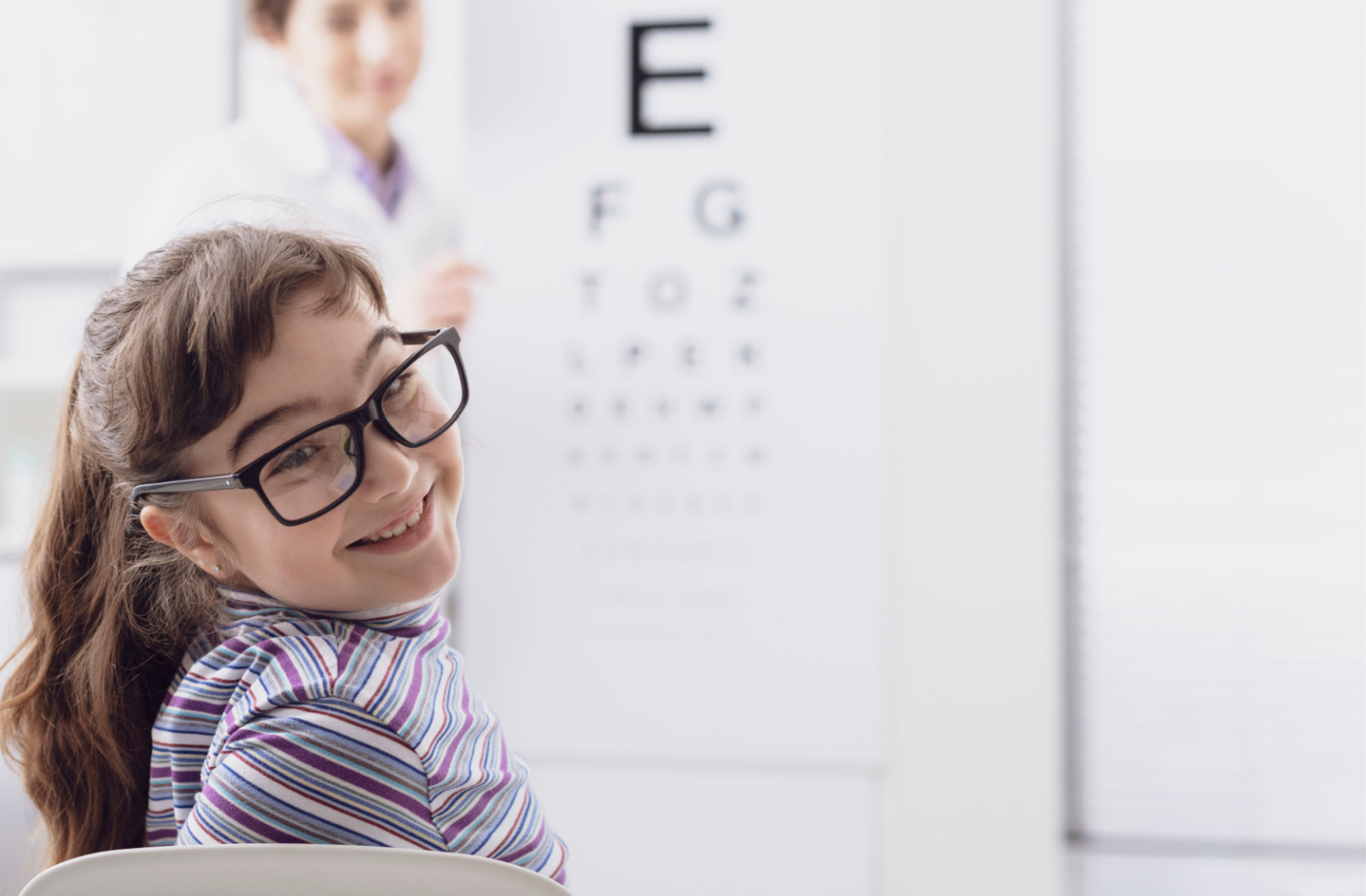All Categories
Featured
Table of Contents
Eye health and wellness is an important component of total health, and routine eye exams play an essential duty in maintaining good vision throughout life. Each age group has particular needs and risks associated to eye health and wellness, making it important to adhere to customized suggestions for eye evaluations. Here's an in-depth introduction of how often eye tests should be set up for various age.
After the first examination, kids ought to have a second eye examination around age 3, when they can better join screening and evaluation. If no vision problems are recognized, the next test is advised before beginning school, generally around age five. Early discovery of issues can bring about timely treatment and support healthy visual advancement.
Moms and dads should try to find indications of vision problems, such as trouble reading the chalkboard, scrunching up your eyes, or suffering headaches. If any one of these signs arise, it is essential to arrange an eye examination immediately. Kids that join sports might take advantage of yearly eye exams to ensure optimum visual performance and safety during tasks.
![]()
Young adults usually experience digital eye pressure because of substantial display time, resulting in signs and symptoms like dryness and discomfort. If you observe these signs, looking for an eye exam is critical. An eye treatment professional can supply solutions, such as computer glasses or way of living changes, to ease pressure.
For individuals with health and wellness problems like diabetic issues or hypertension, more frequent examinations may be necessary. Regular tracking is important for very early discovery and management of possible issues that can affect vision.
Elders might likewise experience modifications in their aesthetic perception, such as trouble seeing in low light or distinguishing shades. Normal eye tests allow for prompt treatment and help preserve freedom and lifestyle.
Babies (0-2 Years)
Babies undergo considerable aesthetic growth in their very early years, making early eye assessments essential. The American Academy of Pediatrics advises that infants have their first eye examination at concerning 6 months old. This initial see helps determine any type of prospective vision issues, such as strabismus (crossed eyes) or genetic cataracts, which can influence growth if not dealt with early.After the first examination, kids ought to have a second eye examination around age 3, when they can better join screening and evaluation. If no vision problems are recognized, the next test is advised before beginning school, generally around age five. Early discovery of issues can bring about timely treatment and support healthy visual advancement.
Youngsters (3-18 Years)
For school-aged kids, routine eye exams are important for both academic success and general health. Youngsters need to have their eyes examined each to two years, depending on their private needs. Colleges typically carry out vision screenings, yet these do not change detailed eye tests by an eye treatment professional.Moms and dads should try to find indications of vision problems, such as trouble reading the chalkboard, scrunching up your eyes, or suffering headaches. If any one of these signs arise, it is essential to arrange an eye examination immediately. Kids that join sports might take advantage of yearly eye exams to ensure optimum visual performance and safety during tasks.
Young Person (19-39 Years)
Throughout young the adult years, lots of people enjoy reasonably steady vision, however that does not suggest eye care can be ignored. Young person ought to set up extensive eye tests every two years. Those that put on get in touch with lenses or have a family history of eye condition need to consider yearly tests.
Young adults usually experience digital eye pressure because of substantial display time, resulting in signs and symptoms like dryness and discomfort. If you observe these signs, looking for an eye exam is critical. An eye treatment professional can supply solutions, such as computer glasses or way of living changes, to ease pressure.
Adults (40-64 Years)
As individuals enter their 40s, adjustments in vision can become much more evident, particularly presbyopia, a problem that makes it challenging to concentrate on close things. Grownups in this age team must schedule eye exams every one to 2 years. This is also the age when lots of eye illness, such as glaucoma and diabetic retinopathy, can begin to establish.For individuals with health and wellness problems like diabetic issues or hypertension, more frequent examinations may be necessary. Regular tracking is important for very early discovery and management of possible issues that can affect vision.
Senior Citizens (65 Years and Older)
Senior citizens go to a boosted danger for different eye illness, consisting of cataracts, age-related macular deterioration, and glaucoma. It's advised that people aged 65 and older have an eye exam at the very least when a year. Early discovery of these problems is crucial, as numerous can be treated efficiently if caught early.Elders might likewise experience modifications in their aesthetic perception, such as trouble seeing in low light or distinguishing shades. Normal eye tests allow for prompt treatment and help preserve freedom and lifestyle.
Verdict.
Prioritizing eye treatment and routine examinations makes sure that individuals can delight in clear vision and a far better quality of life, making eye health and wellness an essential facet of long-lasting health. Regular consultations with an eye care specialist will lead the means for much healthier eyes and a brighter future.Table of Contents
Latest Posts
Specialist Residential Roofing Solutions You Can Trust
Published May 22, 25
1 min read
Shield and Beautify Your Home with Weathercraft's Exterior siding Providers
Published May 21, 25
1 min read
Secure Your Home with Top Quality Residential Roofing
Published May 21, 25
1 min read
More
Latest Posts
Specialist Residential Roofing Solutions You Can Trust
Published May 22, 25
1 min read
Shield and Beautify Your Home with Weathercraft's Exterior siding Providers
Published May 21, 25
1 min read
Secure Your Home with Top Quality Residential Roofing
Published May 21, 25
1 min read